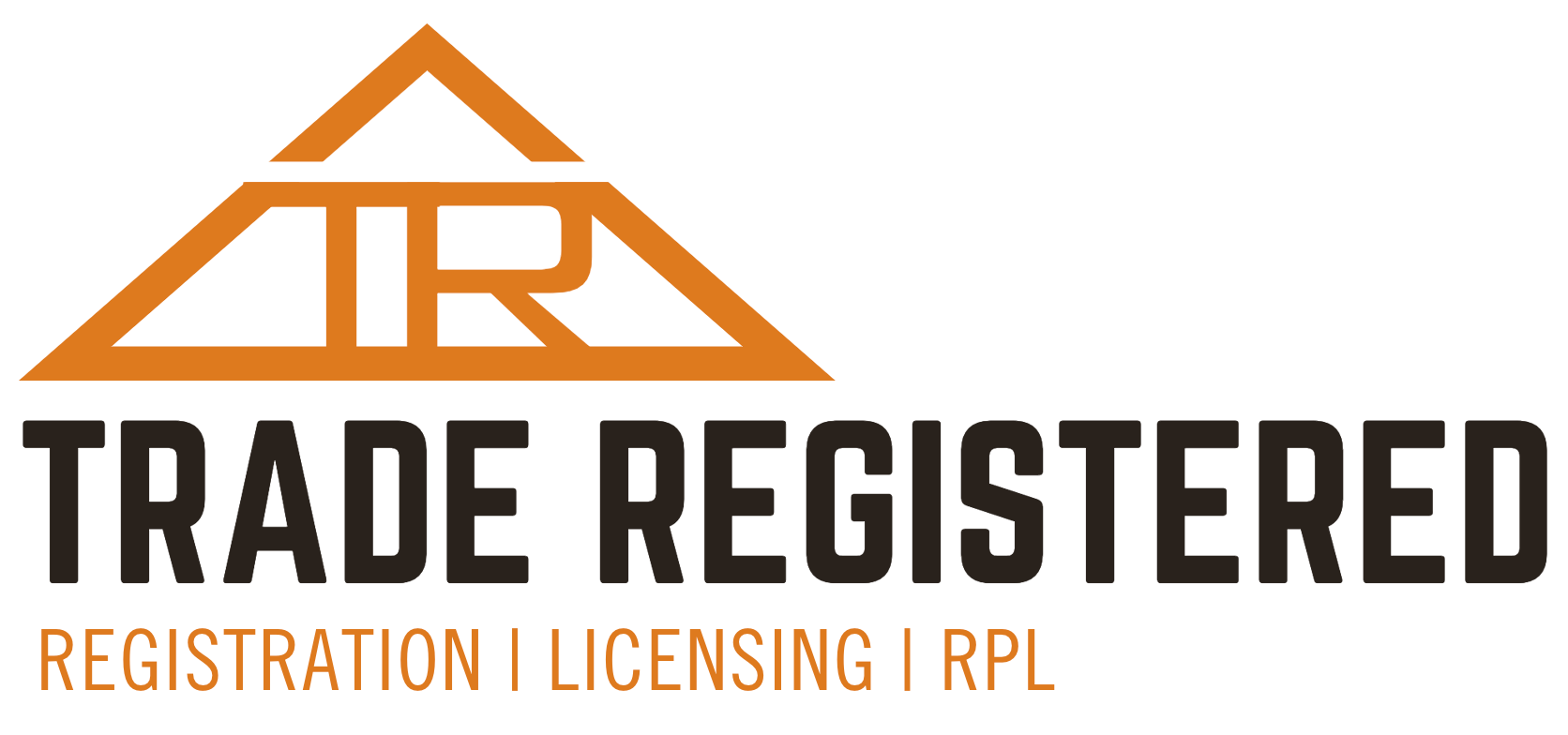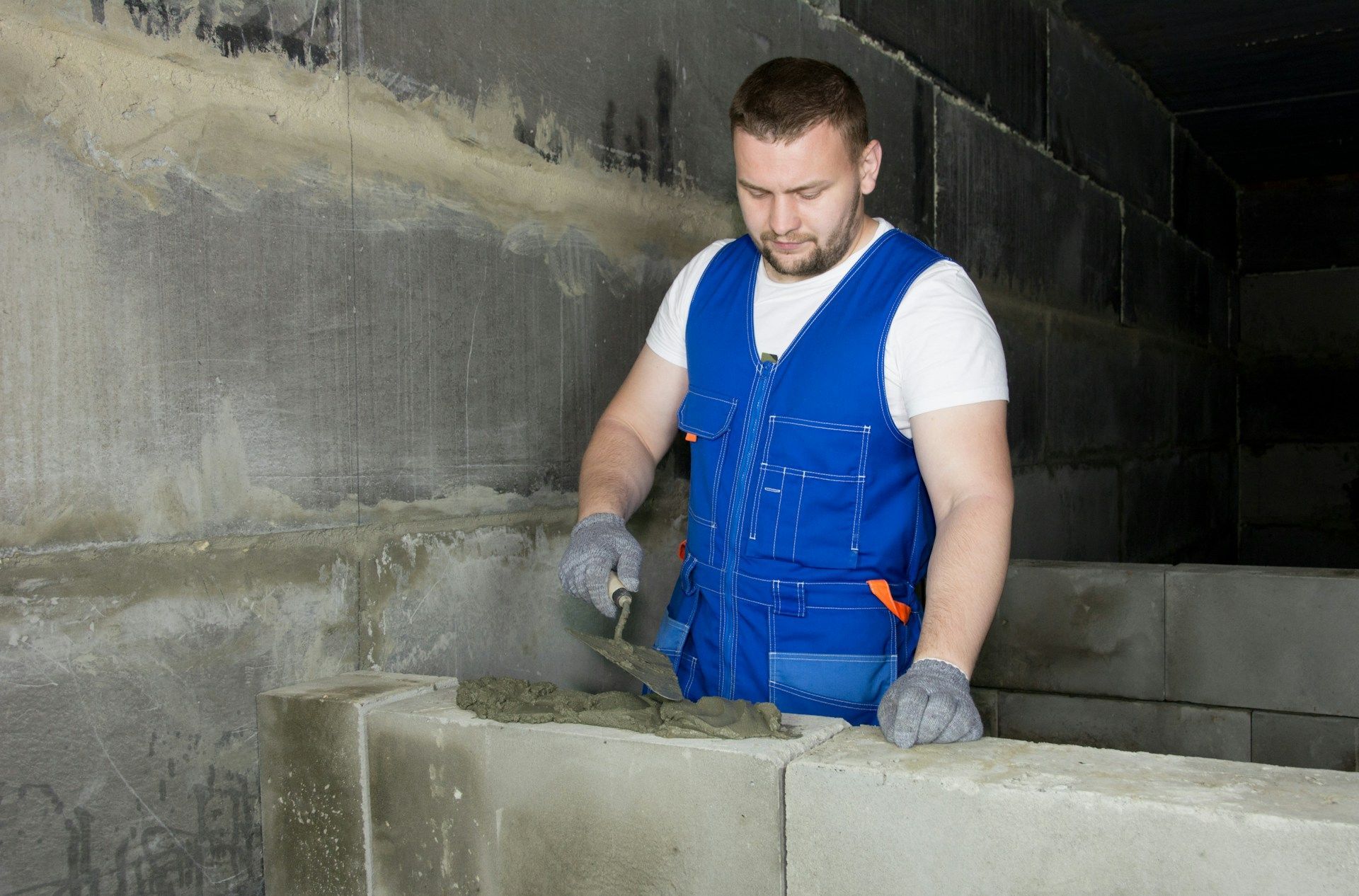Is There a Difference Between Domestic and Commercial Builders?
Understanding the roles of domestic and commercial builders is important in the construction industry, especially for those looking to follow a career path in building or those who need to hire a builder for a project. Though these two types of builders may seem similar due to their overarching goal of constructing buildings, they actually differ significantly in scope, expertise, and types of projects they undertake. Whether you are considering a career in building or planning a construction project, knowing the difference between domestic and commercial builders can help you make better-informed decisions.
Both aspiring builders and clients stand to benefit from knowing these distinctions. Domestic builders typically focus on residential projects such as homes and renovations, while commercial builders handle larger-scale projects like office buildings and retail spaces. These differences not only impact the type of work that is carried out but also influence the skills required and the regulatory frameworks governing each role.
Understanding the Roles
The job of a domestic builder is centered around constructing and renovating residential structures. This includes tasks like building new homes, performing home extensions, and carrying out renovations. Domestic builders often work directly with homeowners to ensure that the final product meets their personal needs and preferences.
On the other hand, commercial builders are responsible for constructing non-residential buildings such as shopping centers, office complexes, and industrial warehouses. Their projects are typically larger in scale and may involve close coordination with architects, engineers, and regulators to ensure compliance with commercial building codes.
Key distinctions between the two roles can be seen in their daily tasks:
Domestic Builder Tasks:
- Designing functional and aesthetic living spaces
- Collaborating closely with homeowners
- Modifying existing home layouts through renovations
Commercial Builder Tasks:
- Managing large construction teams
- Implementing complex building systems, like HVAC
- Ensuring strict adherence to health and safety regulations for commercial spaces
Knowing these differences is vital for understanding the scope of work and the type of expertise required in each sector. Each role carries its own unique challenges and demands that appeal to different interests and skill sets.
Skills and Qualifications Needed
Both domestic and commercial builders need a solid foundation to perform their duties effectively. Domestic builders generally start with obtaining a builder's licence, which involves meeting several requirements in Victoria, such as completing a Certificate IV in Building and Construction. This certification provides fundamental skills, such as reading building plans and managing small-scale projects. Furthermore, having practical experience in carpentry or a similar trade can be advantageous.
Commercial builders, however, need more advanced skills due to the complexity and size of their projects. A Diploma of Building and Construction Management is often recommended, along with specific industry experience. Handling large-scale projects like shopping centres requires good skills in project management, coordination, and understanding advanced building regulations. Additionally, any commercial builder wishing to work in Victoria must meet specific licensing and registration requirements, ensuring they comply with all the local building codes and laws.
Domestic and commercial builders may also pursue further education or certification, focusing on specialties like sustainable building practices or advanced safety standards. This continual learning keeps them competitive and ensures their methods align with current industry standards.
Types of Projects and Clients
Domestic builders typically work on projects directly involving homeowners. Common tasks include building homes from scratch, undertaking home renovations, or adding extensions to existing structures. These projects often demand personal interaction with clients, as expectations can be highly tailored. Homeowners usually value good craftsmanship, attention to detail, and flexibility to adapt to personal preferences.
By contrast, commercial builders are involved with projects that cater to business needs—think offices, industrial spaces, or retail outlets. These assignments require a thorough understanding of commercial use requirements and often include working with corporate clients or property developers. The projects usually have stricter deadlines and larger teams compared to domestic ones. Clients in the commercial sector expect efficiency, adherence to codes, and the capacity to meet stringent safety regulations.
Typical Domestic Projects:
- Single-family homes
- Home renovations
- Extensions and custom upgrades
Typical Commercial Projects:
- Office buildings
- Retail locations
- Warehousing facilities
Client expectations vary greatly between these sectors, affecting how project plans are developed and executed. Domestic projects often allow for creative solutions and modifications, while commercial assignments demand a more formal and structured approach, given the larger scale and scope of work.
Legal and Regulatory Differences
The legal framework governing builders differs significantly between domestic and commercial sectors. Domestic builders working in Victoria must adhere to guidelines specified in the Domestic Building Contracts Act and related regulations. These laws address consumer rights and ensure that builders deliver quality work and engage in fair contractual relationships with clients.
In contrast, commercial builders must comply with the Building Act as well as other regulations specific to commercial construction. Due to the often-public nature of commercial projects, there's a heightened focus on safety and environmental impact assessments. They also have a responsibility to comply with zoning laws and obtain various permits before advancing a project.
Significant differences in these legalities require builders to stay informed and ensure compliance with all current local laws. This ensures smooth operations and avoids disruptions that could lead to legal or contractual issues down the line.
Choosing the Right Path
Deciding whether to pursue a career as a domestic or commercial builder involves considering several factors. Personal interests play a major role—do you enjoy the idea of being involved in creating someone's dream home or working on shaping major city infrastructures? Both have their own appeal and challenges.
Long-term career goals are important too. Domestic builders might find satisfaction in client relationships and creative residential projects, while commercial builders might thrive on managing large teams and seeing their work contribute to city development. Consider the market demand in Victoria as well, as certain sectors may offer more opportunities based on current economic growth or urban expansion projects.
Whether you choose domestic or commercial pathways, starting with hands-on experience in smaller projects helps develop required skills. Seek internships or entry-level positions with experienced builders to gain practical knowledge and insider insights. Continuous learning through professional development courses ensures you stay relevant and geared for success in either field.
Deciding whether to step into the shoes of a domestic or commercial builder is ultimately a personal choice guided by your interests, aspirations, and the current job market in Victoria. If you are drawn to creating welcoming spaces and customizing homes, learn more about the
domestic builder services provided by Trade Registered. Our service page offers valuable insights to help you make informed decisions and advance your construction career.







